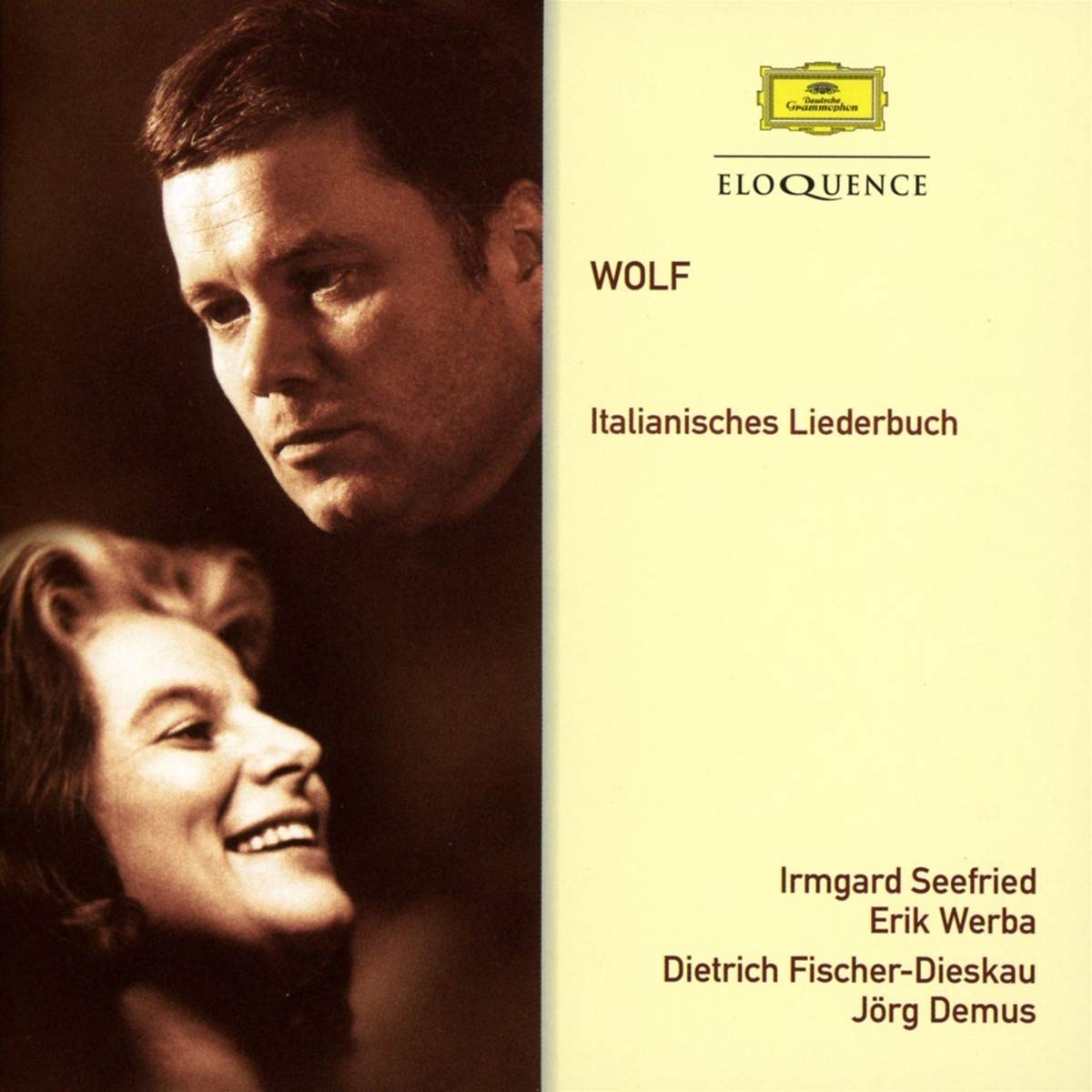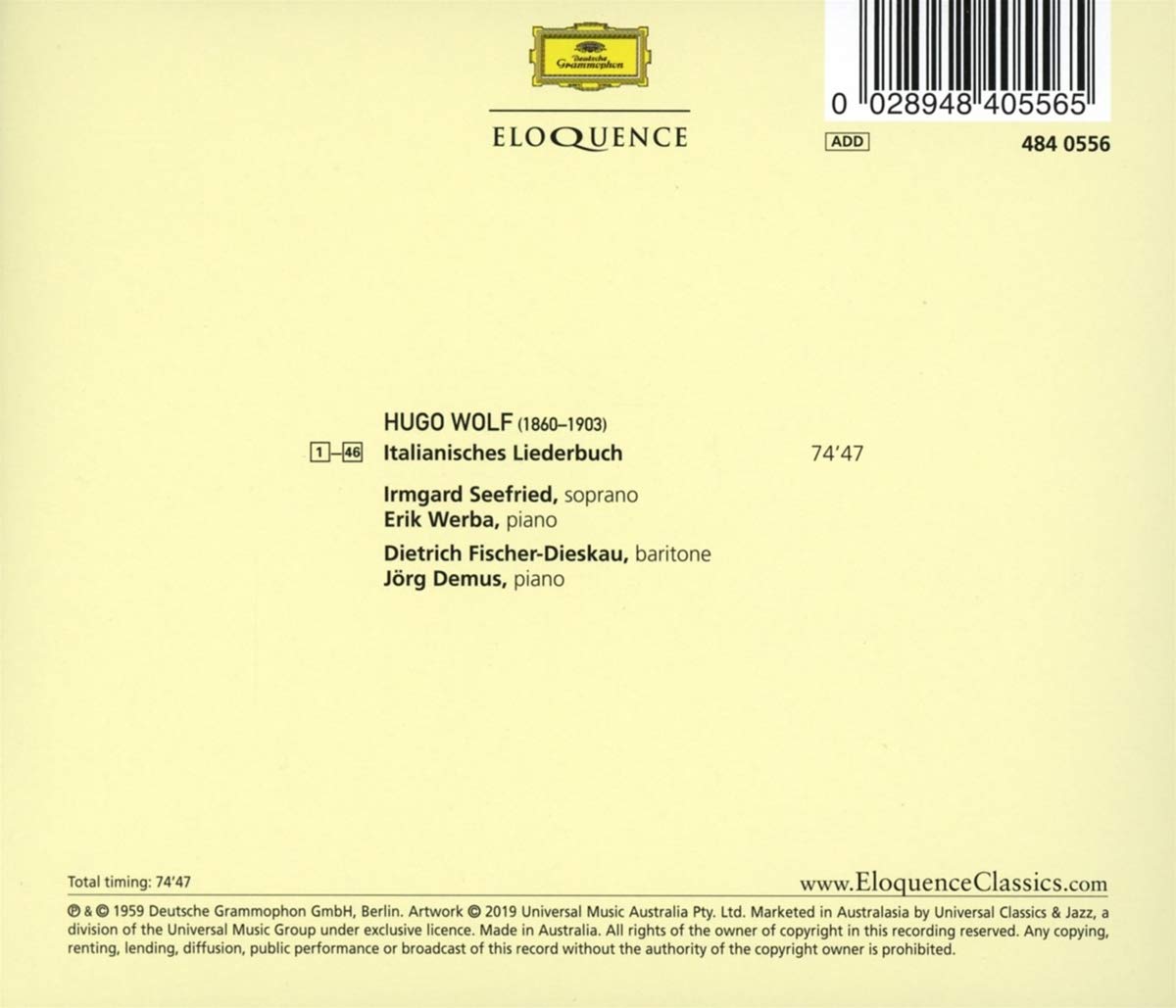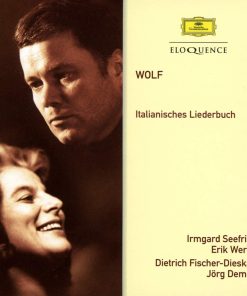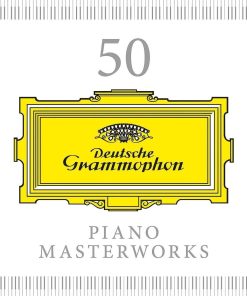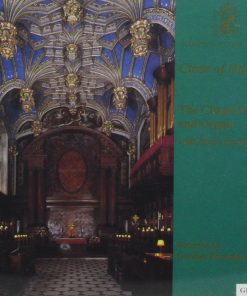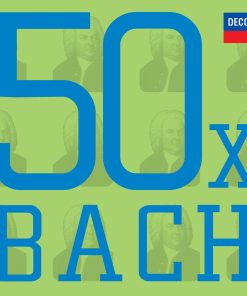WOLF: ITALIENISCHES LIEDERBUCH – FISCHER-DIESKAU, SEEFRIED Deutsche Grammophon
$ 8,99 $ 5,39

‘The most original and artistically consummate of all my works,’ Hugo Wolf said (with justice) of the Italienisches Liederbuch which he wrote in 1890-1 to the poetry of Paul Heyse.
Perhaps no pair of singers on record has interpreted this cycle of 46 songs with such natural accomplishment as Irmgard Seefried and Dietrich Fischer-Dieskau. They made this recording near the end of the 1950s – at the height of Seefried’s career and near the start of Fischer-Dieskau’s, and its qualities of both freshness and delight in response to the text and vocal beauty have stood the test of time.
The singers performed the cycle together live at the 1958 Salzburg Festival to an ordering devised by the pianist for the occasion and Seefried’s regular accompanist, Erik Werba. In the DG studios a few months later, however, Fischer-Dieskau was joined by his own regular instrumental partner at the time, Jörg Demus. Meanwhile the subtly different responses of both pianists – Werba fuller-toned than Demus, whose pointed articulation owes something to his work on ‘period’ instruments – offer food for both thought and pleasure.
Without attempting to concoct a storyline, Werba’s ordering allows the poetry’s depictions of woman and man to contrast with and complement each other. A spirited opening group is followed by one which is predominantly lyrical, illustrating the need for love, the woman’s surrender and then wavering, a manly longing for death, a farewell, and appeal to sworn fidelity. The closing section juxtaposes a declaration of love, humour, mockery, caricature, resignation and finally boasting, with the soprano’s jubilant ‘confession’ that she has 21 lovers.
All four musicians fully bring to life the emotions of elation, joy, anger and irony in Wolf’s songs. Fischer-Dieskau’s second recording (with Elisabeth Schwarzkopf and Gerald Moore for EMI) is justly famous in its own right, but the magic of this DG recording lies in the unaffected ease of his partnership with Seefried.

‘The performance is impressive … the very feminine, humorous selections are wonderfully conveyed, and [Seefried’s] work is filled with inspired little touches … [Fischer-Dieskau] brings his customary tonal focus and command of nuance to each song, and carries off the humour every bit as well as the more serious moods.’ High Fidelity, July 1960
‘Both artists [are] near the peak of their forms … a welcome mean between too much sophistication and under-characterization.’ Song on Record, 1986

HUGO WOLF (1860–1903)
Italianisches Liederbuch
Irmgard Seefried, soprano
Erik Werba, piano
Dietrich Fischer-Dieskau, piano
Jörg Demus, piano

Fast Shipping and Professional Packing
Due to our longstanding partnership with UPS FedEx DHL and other leading international carriers, we are able to provide a range of shipping options. Our warehouse staff are highly trained to pack your goods exactly according to the specifications that we supply. Your goods will undergo a thorough examination and will be safely packaged prior to being sent out. Everyday we deliver hundreds of packages to our customers from all over the world. This is an indication of our dedication to being the largest online retailer worldwide. Warehouses and distribution centers can be located in Europe as well as the USA.
Orders with more than 1 item are assigned processing periods for each item.
Before shipment, all ordered products will be thoroughly inspected. Today, most orders will be shipped within 48 hours. The estimated delivery time is between 3-7 days.
Returns
The stock is constantly changing. It's not entirely managed by us since we are involved with multiple parties such as the factory and our storage. The actual stock can fluctuate at any time. Please understand it may happen that your order will be out of stock when the order is placed.
Our policy is valid for 30 days. If you haven't received your product within 30 days, we're not able to issue either a return or exchange.
You are able to return a product if it is unused and in the same condition when you received it. It must also still remain in the original packaging.
